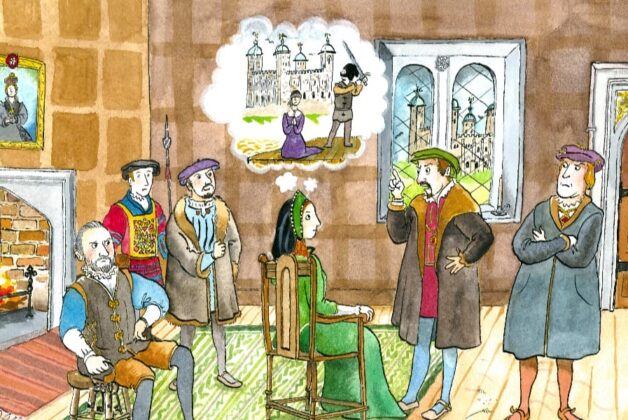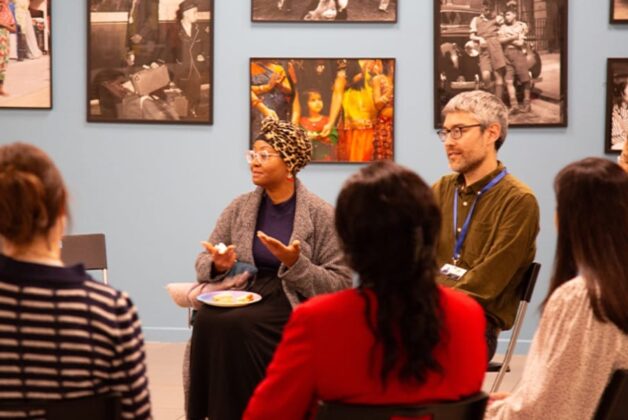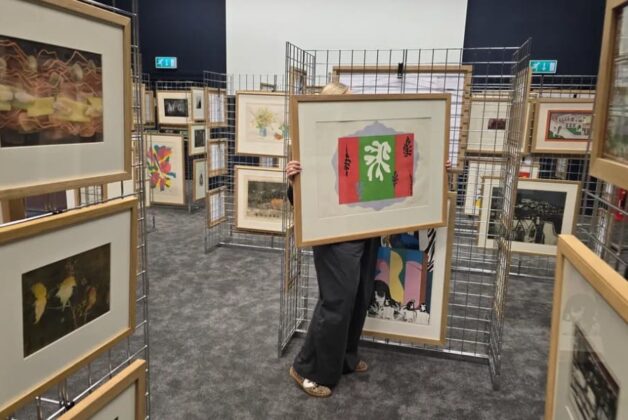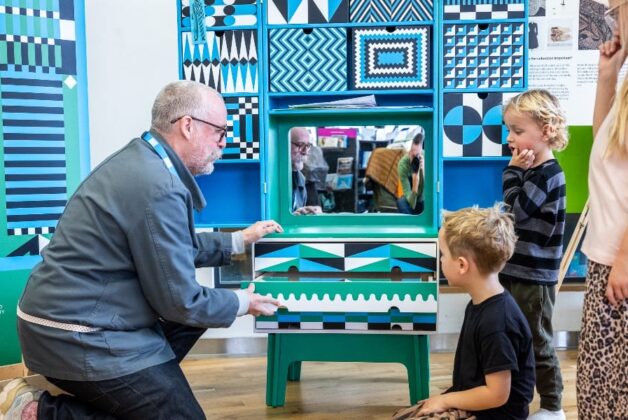Image: Museum of Liverpool
Vagina Museum, We The Curious, National Museums Liverpool among organisations to reaffirm support for trans communities
Museums in the UK have reaffirmed that their venues are welcome to trans visitors and staff, following a UK Supreme Court ruling.
Last week the UK Supreme Court unanimously ruled that the definition of “woman” under equalities law refers to biological sex rather than gender identity.
The court sided with campaign group For Women Scotland, which brought a case against the Scottish government arguing that sex-based protections should only apply to people that are born female.
Vagina Museum
Among the museums to reaffirm support was London’s Vagina Museum. Its Trustees wrote in a statement published on social media of its “unequivocal support of and solidarity with their trans staff, volunteers, community partners, visitors and wider audience.
“From the outset, the Vagina Museum has always been trans inclusive. An important part of its mission around spreading knowledge and raising awareness of gynaecological anatomy and health has been to challenge normative assumptions around our bodies and how they may or may not be connected to experiences of gender, gender expression and broader sexuality.
“In doing so, we highlight that sex, gender identity, gender expression, sexual orientation and other characteristics related to sexual identity exist in various different combinations and their relationship to one another is never clear cut.
“What is clear to us is that everyone, regardless of their body parts, are deserving of human rights, dignity and the power to identity as they wish to.
It went on: “The ruling comes amidst an increasingly frightening climate for trans people in the UK and globally. We will continue to abide by our values, and ensure that the Vagina Museum remains a space in which trans people are included, welcomed and celebrated.”
We The Curious
Bristol science and arts centre We The Curious also published a statement in response.
It said: “We continue to welcome people to use the facilities that align with their gender and offer a range of choices and safer spaces. We’re proud to stand for inclusion because science thrives when everyone is included.”
National Museums Liverpool
National Museums Liverpool cited previous exhibitions and programmes which have included the exploration of trans-issues, and said it aspired to “challenge biases, celebrate diversity, and promote understanding.”
Its statement went on: “We are committed to ensuring that our spaces remain welcoming and safe for everyone, regardless of gender identity. We will continue learning, evolving, representing and engaging with trans communities authentically and respectfully in our work.”
“We hope that transgender individuals and communities feel; seen, valued, a sense of belonging and that their stories matter at National Museums Liverpool. Together, we aim to continue challenging, educating and building a future rooted in equity and dignity for all.”
Crab Museum
The Crab Museum in Margate addressed the ruling directly.
In a statement on social media, it said the ruling “centred on the word “biology”, with the judge stating that biological sex is “assumed to be self-explanatory and to require no further explanation.” Speaking in a professional capacity as a museum of biology: this is not how biology works.”
It went on: “There are no binaries in nature, and biology, like all sciences, should never be taken for granted or assumed to be “self-explanatory”. Even worse, it should never be used to justify weaponised culture war issues. This ruling is an abuse of science.
“If you don’t like trans people then just be honest about your prejudices. But don’t use biology to support your views in the same way that racists do.
“Our trans siblings must be defended at all costs. If we allow the limitation of their rights then other minorities won’t be far behind. “




